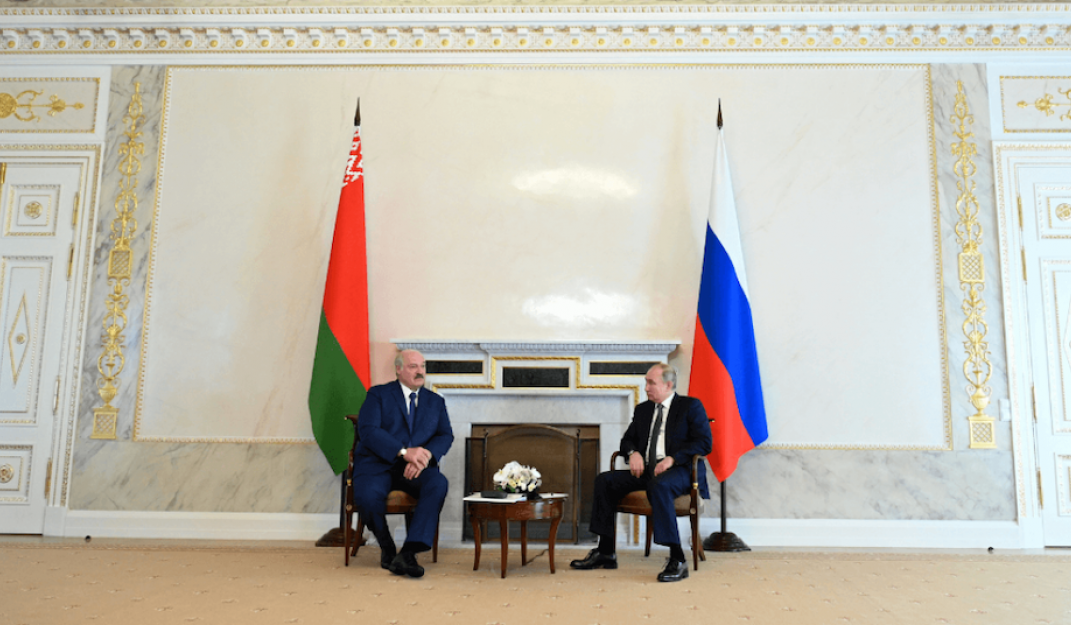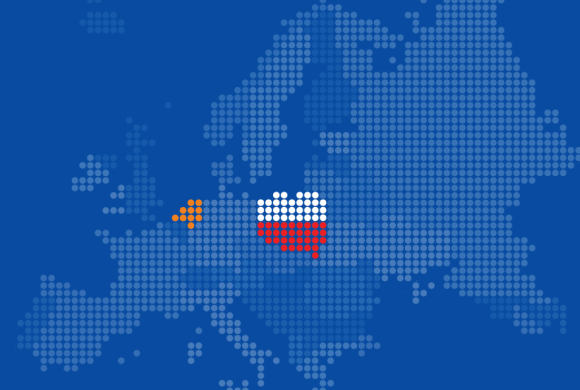
The Union State of Russia and Belarus was forged in the 1990s through a series of bilateral treaties but has largely remained a paper tiger – at least until now. For well over two decades Belarusian President Lukashenko has had a complicated love-hate relationship with the Kremlin, milking the Russian Federation for energy subsidies and other economic benefits while simultaneously zealously guarding his country’s sovereignty and shielding its state-owned enterprises from Russian takeovers. Although co-operation in the military domain has advanced considerably, the more far-reaching provisions of the Union State, such as a joint constitution, monetary union and a single energy market, have never materialized.
While Belarus has generally aligned its foreign policy outlook with the Russian Federation and acceded to the Russian-led Eurasian Economic Union, at various moments Lukashenko tried to keep his geopolitical options open as his relations with the Kremlin deteriorated. Among other things, he sought closer relations with the European Union following the 2008 Georgia conflict and the 2014 Ukraine crisis. The EU, in turn, has alternated between defending its democratic values by imposing sanctions on Lukashenko and his regime for human rights abuses, and then lifting those again a few years later, hoping to lure Belarus away from Russia’s sphere of influence.
These hopes proved to be in vain. The Presidential elections of August 2020 and their repressive aftermath have again led to a turning point in Belarus’ relations with the West and with the Russian Federation. Relying on Russian support to remain in power and facing a series of European sanctions, Lukashenko is now again under pressure by the Kremlin to make far-reaching concessions and to advance the integration of Belarus and Russia within the Union State framework. As both the stability of the Lukashenko regime and the outcome of the integration process remain uncertain, this report identifies six scenarios for the future of Belarus and further elaborates the consequences of four of them.
Read full report.

Clingendael Institute
Clingendael is an independent think tank and a diplomatic academy, based in The Hague - City of Peace and Justice. We aim to contribute to a secure, sustainable and just world through our analyses, training and public debate. We work with partners across public and private sectors, including policymakers, members of the armed forces, diplomats, politicians and business executives.




